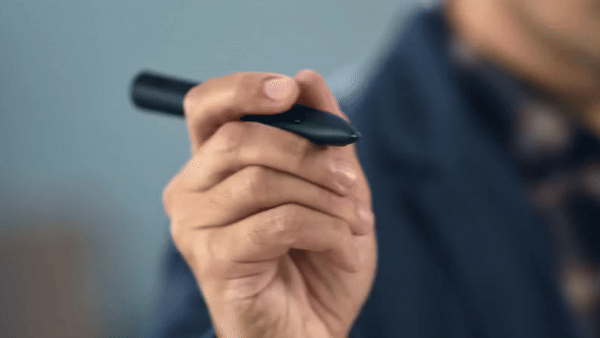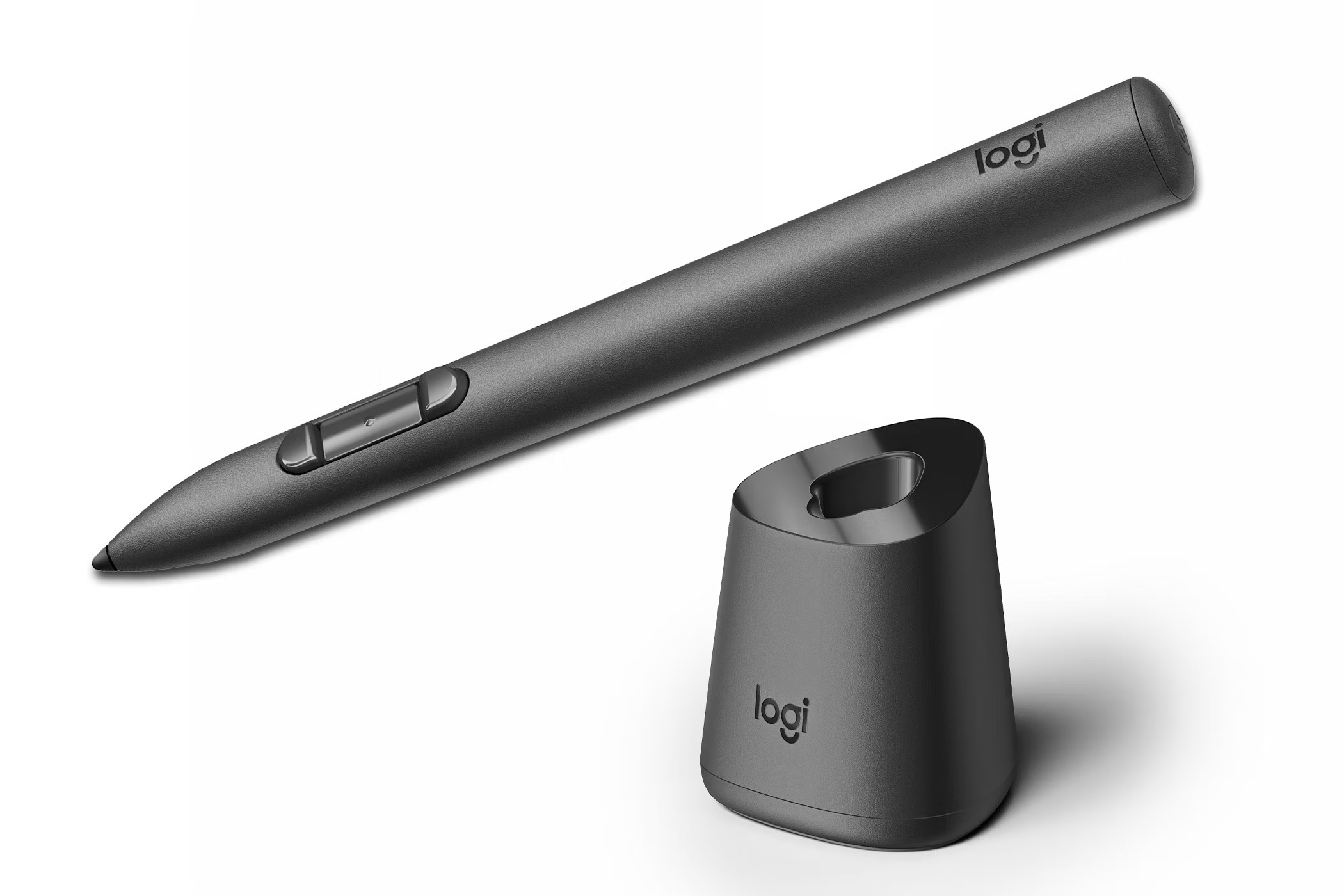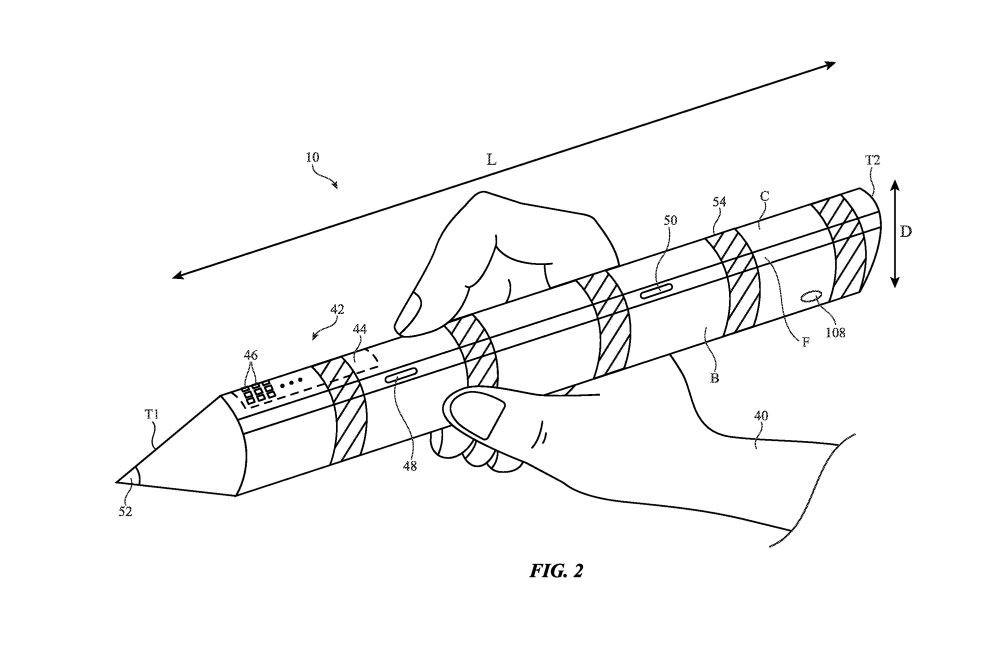
Yesterday, Logitech unveiled the MX Ink, a premium mixed reality stylus that seeks to bring a traditional computing peripheral into the virtual and augmented reality realm.
As announced in a recent blog post, the MX Ink will be joining Logitech's esteemed MX Master line that champions precision, performance, and superior ergonomic handling. It's a lineup that already includes some incredible accessories — several of which can be found in our best mouse roundup.
However, the MX Ink isn't designed with the intention of enhancing your desktop interactions for laptops or PCs. Instead, the MX Ink is mixed reality-bound, heading to Meta Quest headsets to offer intuitive, creative precision to designers, artists, engineers, and Metaverse minds alike.
Logitech MX Ink: What is it?
Logitech's MX Ink is a stylus, which says a lot about what it is and what it can do. After all, a pencil is just a pencil, and a pen is just a pen. These are often tools that excel when placed in the right hands. However, the MX Ink also includes its own bag of tricks to make any hand holding it more proficient and capable in several ways.
Designed to be used with Meta's VR/AR headsets, the MX Ink pairs seamlessly with Quest devices, allowing users to switch between controllers and stylus at will, or mix and match the experience by holding a controller in one hand and the MX Ink in the other.
Marking the first time that Quest headsets have allowed more than two peripherals to be connected at once, the MX Ink offers an all-new control method designed for precision and natural, intuitive performance across several of the Meta Store's most popular apps including:
- Painting VR
- ENGAGE XR
- OpenBrush
- Arkio
- Gravity Sketch
- Adobe Substance 3D Modeler
- ShapesXR
While the MX Ink can be used to draw and create in the virtual spaces around you, the stylus also features interchangeable, pressure-sensitive nibs for drawing against physical surfaces. For even more precision while drawing in 2D, there's also the MX Mat — a low-friction, 23.4 x 16.5-inch drawing surface made of performance-tuned poly-carbonate.
A similar level of pressure sensitivity can also be applied in the 3D space with the MX Ink's fingertip-positioned pressure-sensing switch, allowing users to control the force and strength of each stroke of the stylus without needing to press against a physical surface.

The MX Ink is set to be another fantastic option for VR users to have in their tool belt in the near future, with both the $129.99 MX Ink and MX Inkwell charging dock becoming available later this year alongside the $49.99 MX Mat.
It's also a tool Meta owners will have access to exclusively, with no Vision Pro alternative currently available — despite the recent release of the Apple Pencil Pro, a device that many predicted would include support for Apple's premium "spatial computing" headset. However, that's not to say that the Vision Pro will be without Apple Pencil support for long.

Apple Pencil Pro x Vision Pro: What could have been (and may still be)
Apple's "Let Loose" iPad event in May revealed the new Apple Pencil Pro, and, to the delight of many, it was a substantial update that saw the peripheral outfitted with a number of key upgrades.
Unfortunately, none of these appeared to align with the unique capabilities of the Vision Pro — Apple's spatial computing headset designed to bring virtual and augmented reality experiences to the Apple ecosystem.
This has left the Vision Pro to rely solely on hand tracking during immersive bouts of creativity. Something which Meta's Quest headsets have long been able to compensate for with their wireless controllers, and now the Logitech MX Ink.
However, rumors of an Apple Pencil-like controller heading to the Vision Pro have been bandied about for some time. The most prominent of which came after January saw Apple publish a patent for a "handheld controller" designed to be used with a "head-mounted device" that looked remarkably similar to an Apple Pencil.

While details about the capabilities of this controller are scarce, some of the patent's documentation does point to the Pencil-like peripheral being able to magnetically attach to the side of a head-mounted device for storage and charging — similar to how the Apple Pencil and Apple Pencil Pro snap to the side of iPads.
That being said, patents are no indication that a product will eventually enter development. However, MacRumors has reported that sources close to the project have confirmed that Apple is currently working on a new Apple Pencil with visionOS support. So there still appears to be hope for Vision Pro owners who might be a little envious of the experiences heading to Quest headsets through the Logitech MX Ink later this year.







